Jensen Huang's roadmap shows we're about to leap from AI that creates content to AI that takes action in the real world. We're living in the final months of "AI as a tool"—by the end of 2025, agentic AI will handle your customer service, code your software, and manage your healthcare. The jump to physical AI means robots won't just think like humans, they'll work alongside us everywhere.

.009.png)
.002.png)
.003.png)
.017.png)
.009.png)
.005.png)
.032.png)
.065.png)
.067.png)
.068.png)
.023.png)
.014.png)
.025.png)
.052.png)
.027.png)
.097.png)
.026.png)
.092.png)
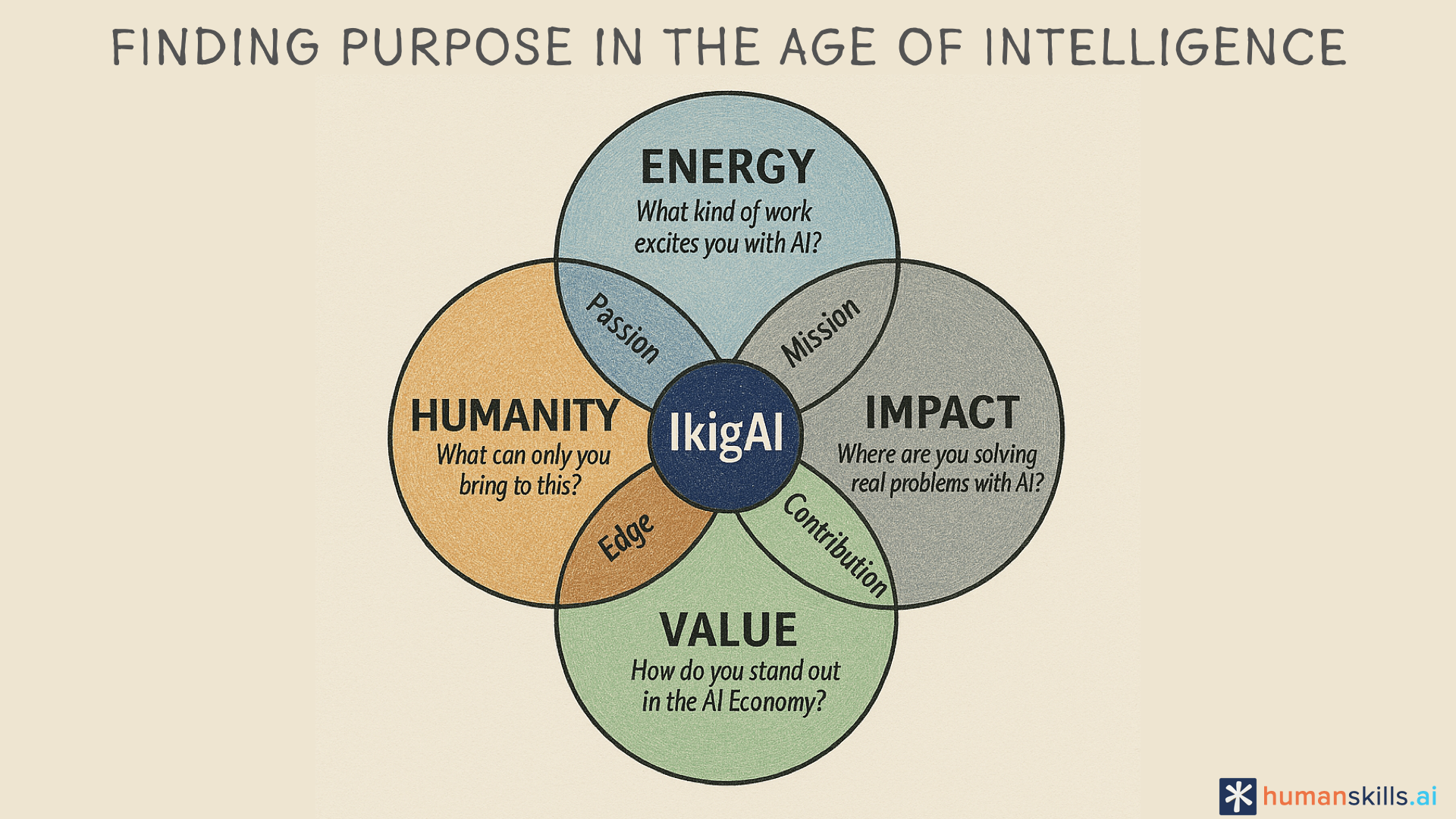
.011.png)
.012.png)
.015.png)
.003.png)
.002.png)
.005.png)
.019.png)
.022.png)
.024.png)
.031.png)
.028.png)
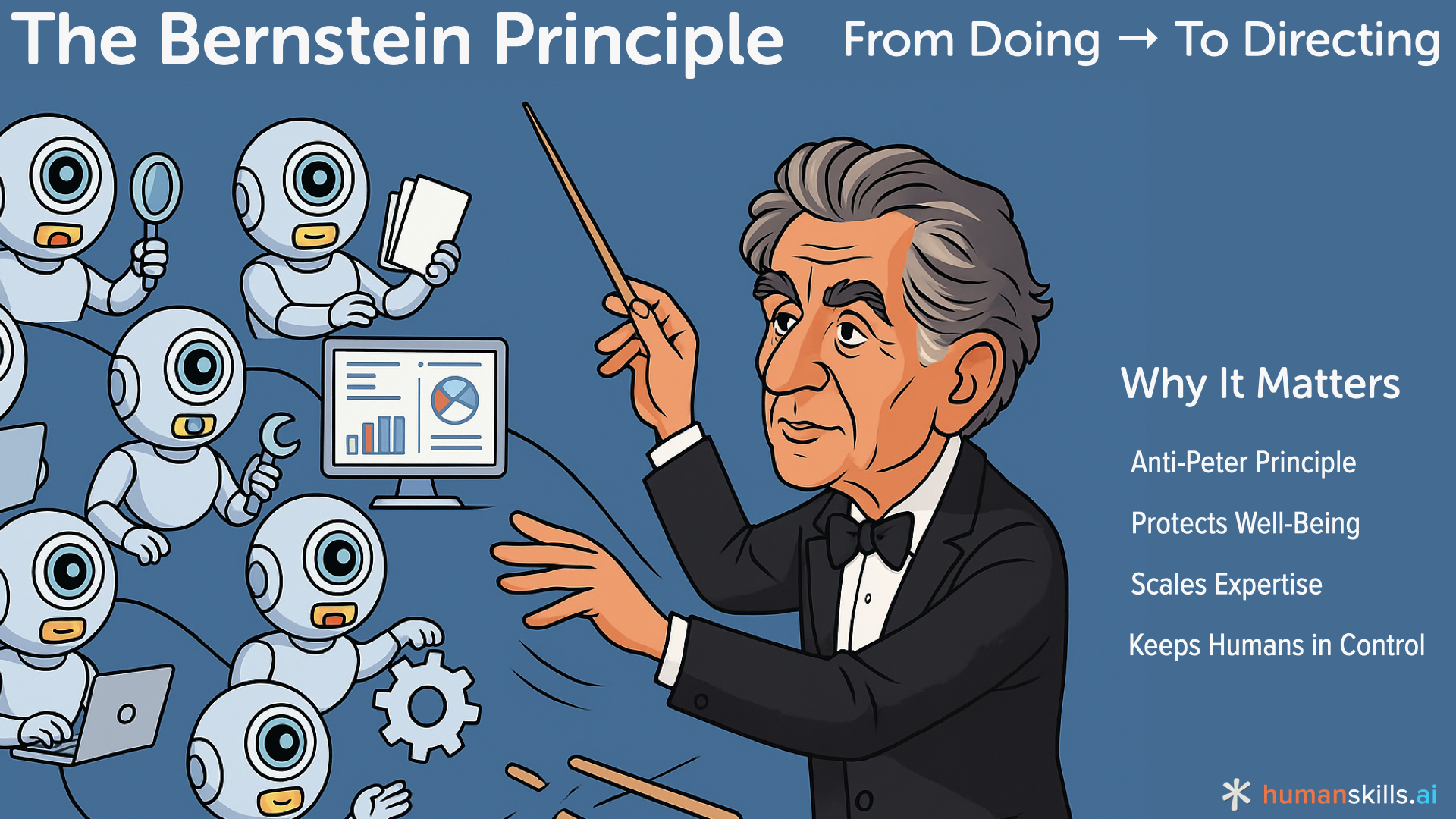
.034.png)
.041.png)
.054.png)
.109.png)
.108.png)
.103.png)
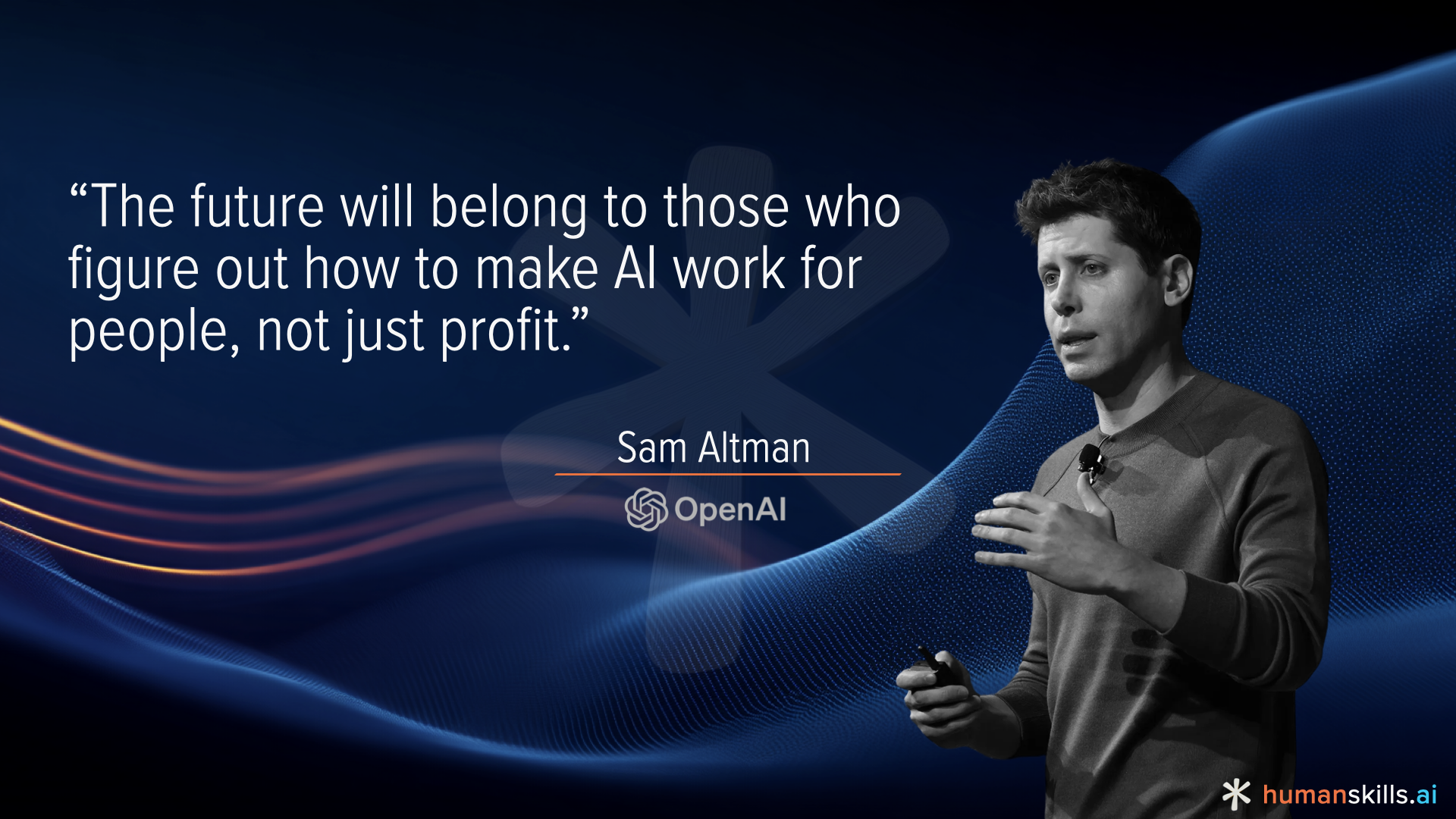
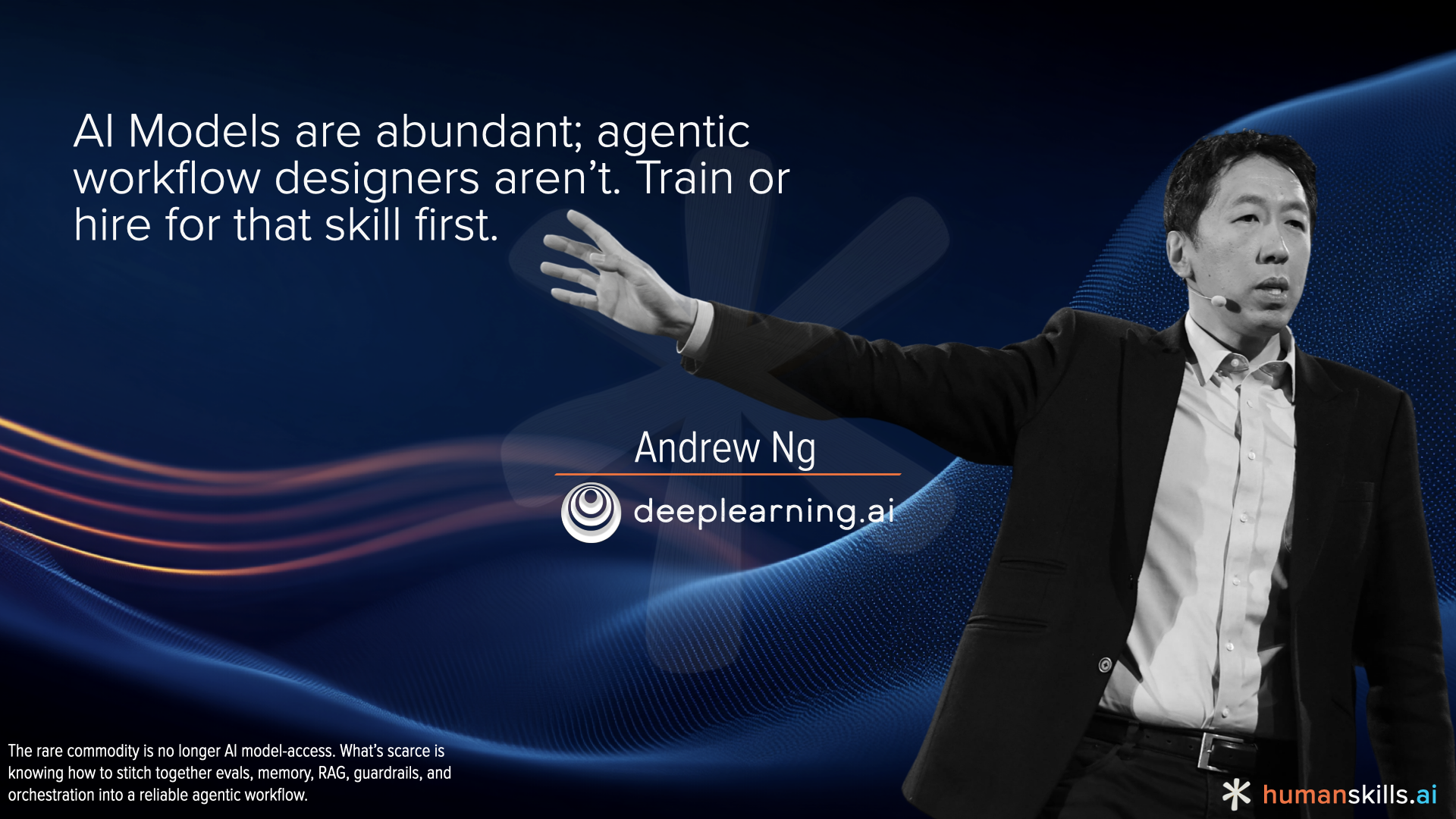
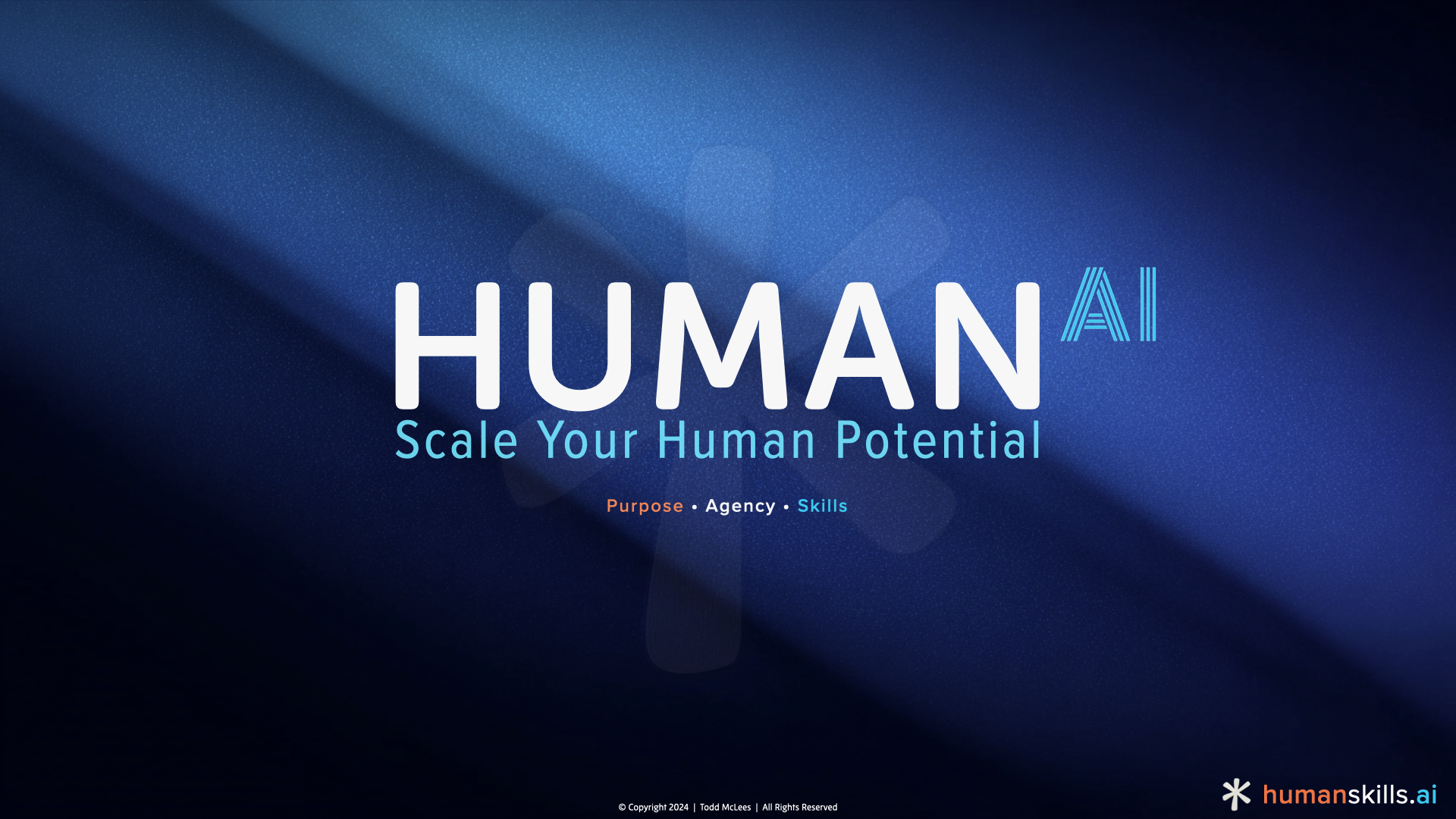
.036.png)
.001.png)
.051.png)
.042.png)
.055.png)
.057.png)
.058.png)
.037.png)